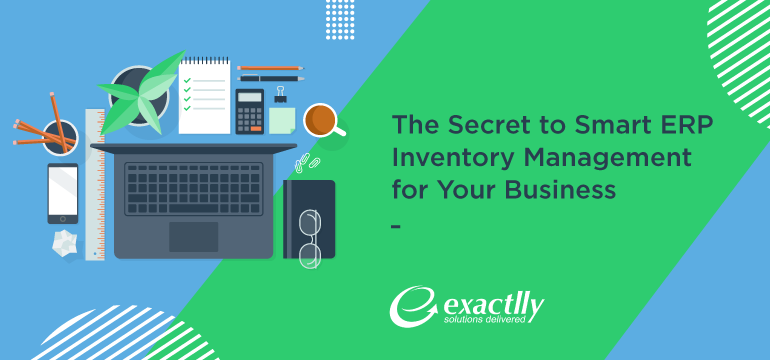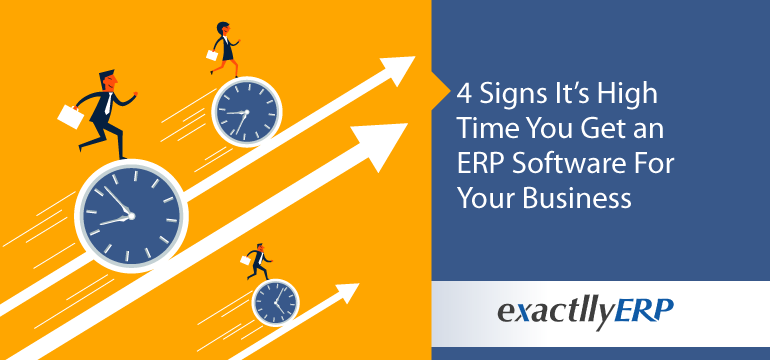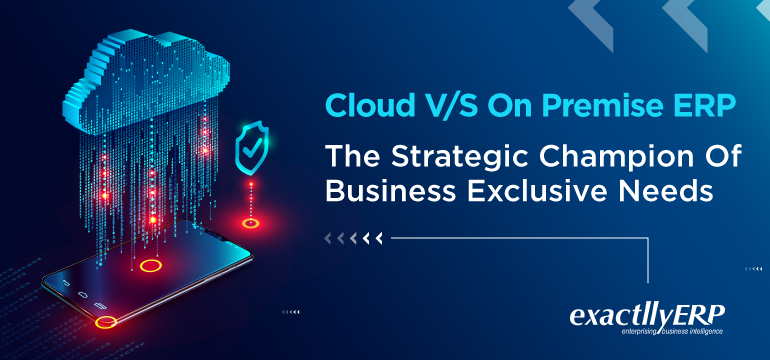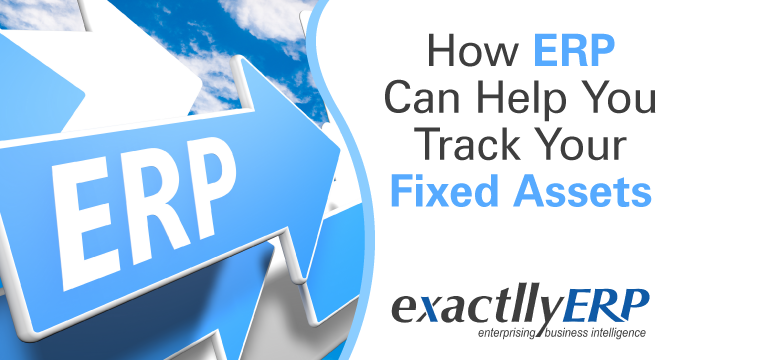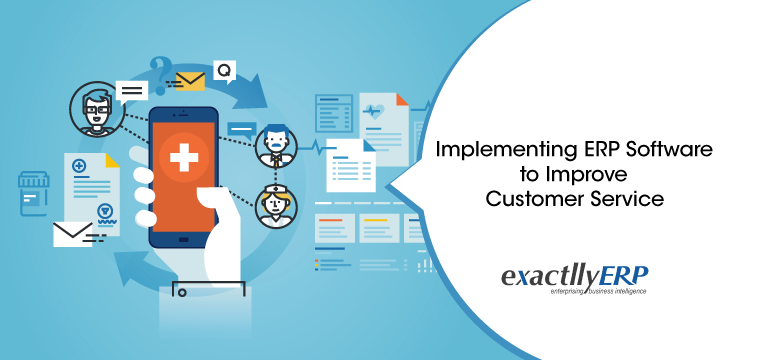Has Cloud ERP Saturated? How to Choose the Right Vendor?

There are a number of ERP vendors today and each one is moving towards offering cloud ERP, while gradually phasing out older legacy versions. Thankfully, this is one of the changes that must be welcomed. Cloud ERP saves money, reduces the need for infrastructure and also makes software programs available on demand. All that a client needs to do is plug-in and play.
Cloud ERP has allowed even smaller companies to purchase ERP systems for their offices and see an enormous boost to their productivity and revenue. However, with so many ERP vendors moving towards the cloud, cloud ERP is saturated. Cloud ERP market is full of vendors trying to compete with each other, with little or no competitive advantage amongst each other. They all basically sell great software programs which streamline business processes.
Choosing the right ERP Vendor is Crucial in a Saturated Market –
So, how does one choose the best among all these vendors? The trick is to get to know your vendor better. Moreover, cloud ERP can go awfully wrong when you choose the wrong kind of vendor. Now that is a very realistic probability, given the fact that many ERP implementations fail. They fail because the implementation was not done right, staff wasn’t trained properly, ERP was not customized to a business, their cloud servers basically stank and there was no on-going support offered to cloud clients.
With this in mind, you need to be careful how you choose your cloud ERP vendor in a saturated and tired market.
-
Appoint a Taskforce –
It is always important to first appoint an internal task force that is given the responsibility of understanding the problems at hand. This task force must ideally consist of someone who understands IT, another who can do sales and marketing, and another who is good at logistics and probably someone else who is also good at training.
Even if you cannot put together all these people and create a task force, you can consult your ERP vendor when you start to implement ERP systems across your organization. An ERP vendor may then be able to help you with their own staff who will train your staff and help you to implement your ERP better. After all, you cannot take up ERP implementation on your own, even if you are an expert in IT.
-
Define your Requirements –
Next, define your ERP requirements. You need to know what your company requires and what problems you are trying to solve. As you may already know, ERP comes with a number of modules by default. These modules can be altered, customized or even added upon. You need to know what you are trying to automate and which business process has been holding your business back the most.
When you identify your problems and requirements, you could start looking at a good ERP vendor. There are times when you may not know what your requirements are. That is perfectly OK too. All you need to do is start consulting with different ERP vendors and choose the one that understands and explains your requirements the best.
-
Consult with ERP Vendors –
The next step is to shortlist ERP vendors and beginning to talk to them. Consult all the vendors you have shortlisted and discuss your requirements. If you do not have any requirements, ask them what you should be looking for. Most cloud ERP sellers baulk at the idea of explaining requirements to their clients.
This can be a good elimination round, especially when the market is saturated with cloud ERP vendors. Once an ERP vendor understands or explains your requirements and how their solution will solve your problems, you could begin to think about the next step, which is to assess if your vendor is comfortable with the cloud and if they have been using cloud technology for some time now.
-
Is your Vendor a Cloud Native?
Another important question to ask is if your vendor is a cloud native. What we mean by this is, did your vendor opt for cloud technology just because everyone else is doing it, without understanding the underlying basis? Or did your vendor choose cloud because of the freedom and future that it represents?
You need to find out how experienced your vendor is with cloud technologies and if they have industry-grade servers that will support all the ERP systems installed. This is very important because cloud ERP runs on servers that need to be exceptionally efficient and productive. Ensure that your cloud vendor knows what they are doing and that they are able to tell you why the cloud is better than legacy systems. This will explain their own confidence in what they are doing.
-
Does Your Vendor Understand Your Requirements?
Last but not the least, you need to assess if your vendor truly understands your requirements or is just trying sales speak. A good cloud ERP vendor will know that they will need to differentiate themselves from a market that is saturated with a number of cloud ERP vendors.
They will explain to you how they are different, which problems of yours they can solve and what you can expect from a cloud solution. If they are able to understand your requirements and explain them to you in a fashion that is convincing, you could go ahead with them; instead of those who try sales speak.
A Saturated Market is a Good Thing:
We need to understand that any market that is saturated is actually good for clients. Clients will have access to vendors who go above and beyond their limit to differentiate themselves and to have a competitive edge. This couldn’t have been possible if there were only a few ERP vendors. With a saturated market, you can expect that the best of the lot will always have more to offer than you probably can imagine. This holds good and true in ERP solutions as well.
After all, we need to understand that the proof is in the pudding. If an ERP vendor is trying hard to show you how they are different from others in a saturated market, and how they understand your problems, then they probably do understand your requirements very well! Want to know more about exactllyERP? Feel free to Contact Us and get a Free Demo.

